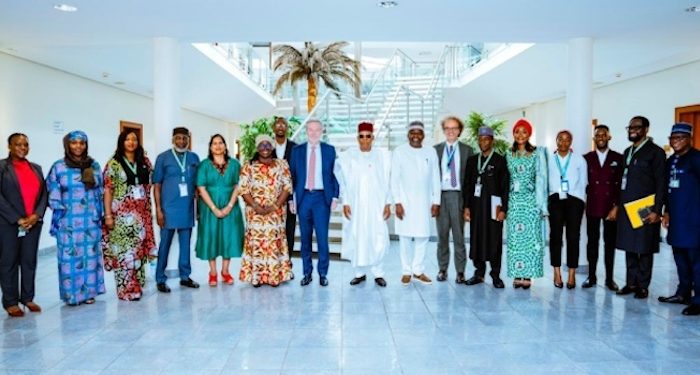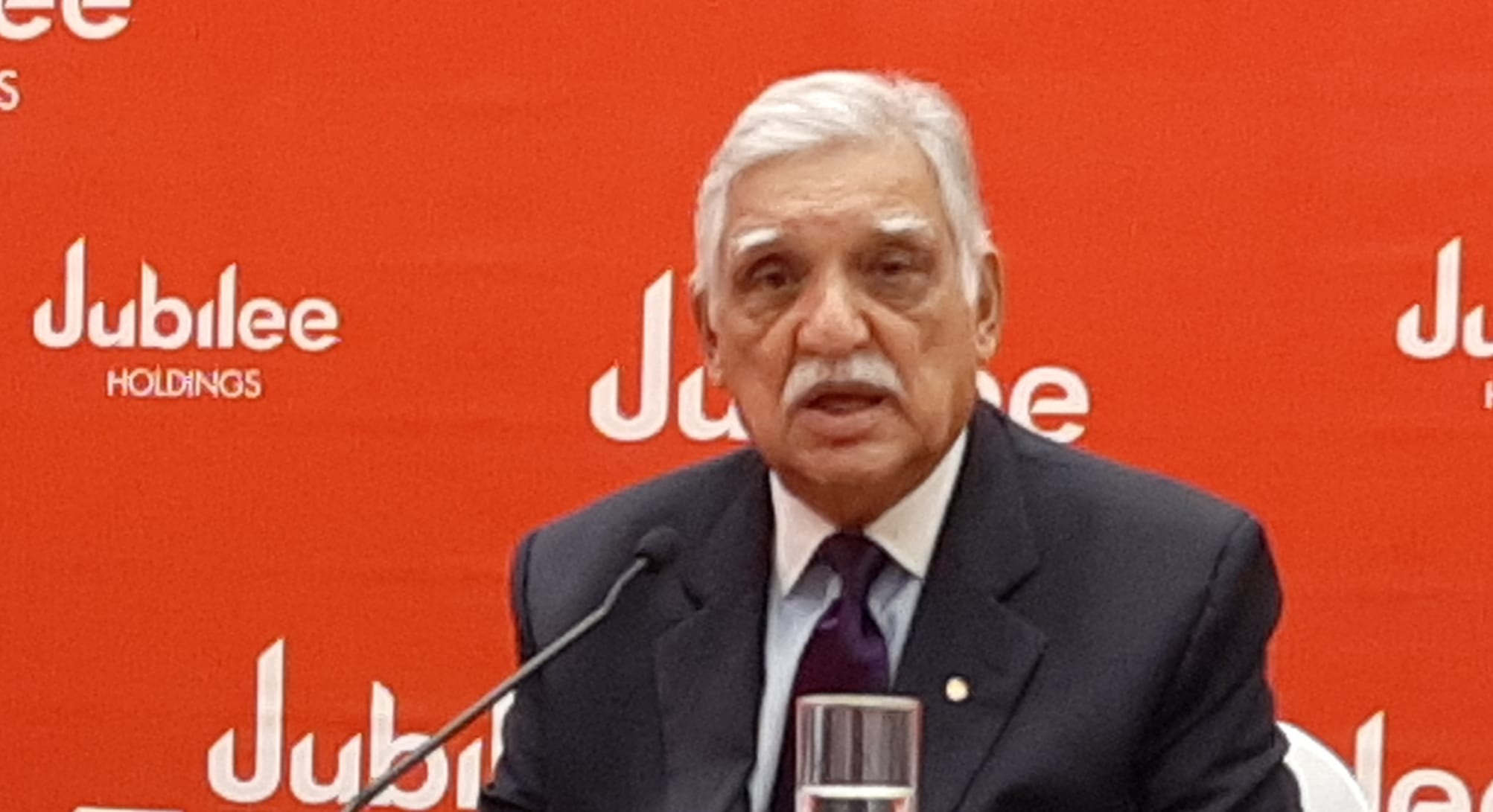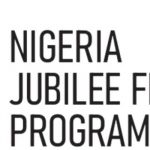The Federal Government has announced plans to create at least 20,000 jobs annually through the second phase of the Nigeria Jubilee Fellows Programme (NJFP), an initiative designed to equip high-potential graduates with practical work experience, mentorship, and training opportunities.
Vice President Kashim Shettima is expected to officially launch NJFP 2.0 and declare open a high-level policy dialogue on job creation at the Presidential Villa, Abuja, on Wednesday. He emphasised that inclusivity remains a central pillar of the programme’s design.
“Our young people are not a homogenous group. They live in different realities across regions, genders, and social backgrounds. We must ensure that this opportunity reaches every corner of the country and that placements are tied to sectors shaping Nigeria’s future: agriculture, digital technology, renewable energy, manufacturing, and the creative industries,” the Vice President said.
The NJFP, coordinated by the Office of the Vice President and implemented by the United Nations Development Programme (UNDP) with support from the European Union (EU), was first launched in 2022. The initial phase empowered over 14,000 young Nigerians through paid 12-month fellowships that provided practical career experience and mentorship opportunities.
EU Ambassador to Nigeria and ECOWAS, Gautier Mignot, expressed optimism about the programme’s expansion, noting that the EU’s partnership with Nigeria aims to “optimise the full mandate of the programme” and further strengthen youth employability.
UNDP Resident Representative, Elsie Attafuah, described the initiative as part of a broader continental effort to empower young Africans, praising the Tinubu administration’s commitment to inclusive job creation. She noted that UNDP remains proud to support an “ecosystem that creates jobs and fosters innovation across Nigeria.”
Briefing journalists ahead of the launch, Deputy Chief of Staff to the President, Senator Ibrahim Hassan Hadejia, said the new phase has been redesigned to reflect current economic realities and lessons learned from the first phase.
“The new phase, supported by the European Union, will place a minimum of 24,000 fellows over the next 10 months. It supports the Renewed Hope Agenda of President Bola Ahmed Tinubu, which prioritises job creation, skills development, and youth empowerment as key pillars of Nigeria’s economic transformation,” Hadejia explained.
He added that NJFP 2.0 introduces two distinct pathways for fellows: “a pathway to employment through extended professional placements, and a pathway to entrepreneurship through business mentorship and enterprise support.” The goal, according to him, is to ensure every fellow is equipped to either secure meaningful employment or launch a viable business in strategic economic sectors by the end of the programme.
Describing the NJFP as “a bold and practical response to the aspirations of young Nigerians,” Hadejia said the initiative reflects the government’s shift from policy promises to tangible impact. “This administration is not only focused on policy; it is focused on impact,” he stated.
Themed “From Skills to Jobs and Enterprises: Driving Youth Employment and Entrepreneurship in Key Economic Sectors,” the upcoming event will bring together policymakers, private-sector leaders, and development partners to explore strategies for scaling youth employment and enterprise development.
Ahead of the launch, the Vice President inaugurated the NJFP Project Steering Committee, urging members to ensure inclusivity and measurable outcomes across all regions. Shettima described the programme as a “deliberate attempt to translate Nigeria’s demographic strength into productive economic power,” stressing that its success depends on collaboration between government, the private sector, and development partners.
According to a statement by the Senior Special Assistant to the President on Media and Communications, Office of the Vice President, Stanley Nkwocha, the NJFP aims to bridge the transition gap between learning and earning for graduates who have the education but lack opportunities.
“We have an opportunity here to demonstrate what partnership done right can achieve — where government leads with clarity, partners contribute with confidence, and results speak for themselves,” the statement read.
For Nigeria’s MSME ecosystem, the NJFP’s renewed focus on entrepreneurship and enterprise development presents significant potential to drive innovation, strengthen local industries, and expand job creation in key growth sectors across the country.










